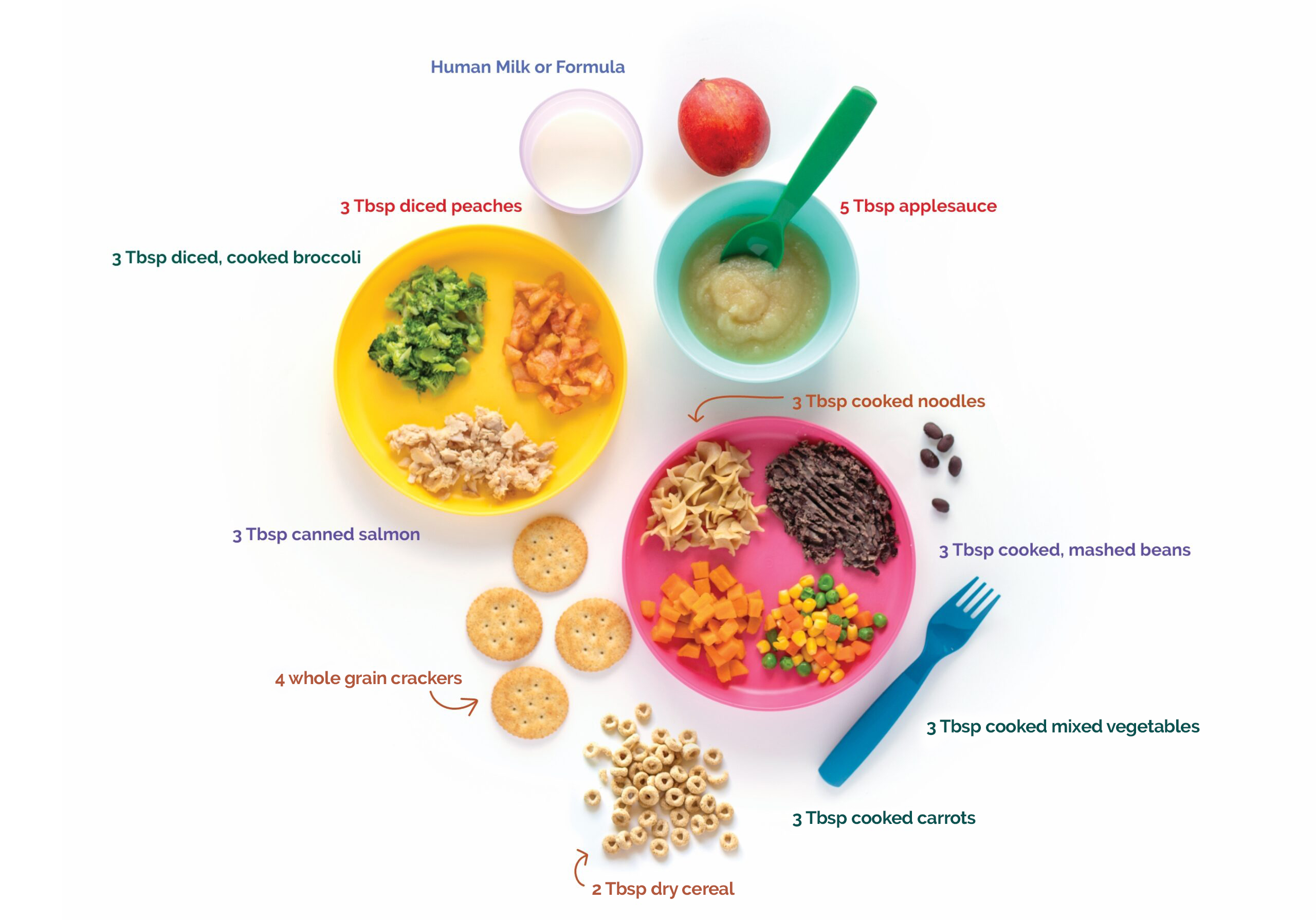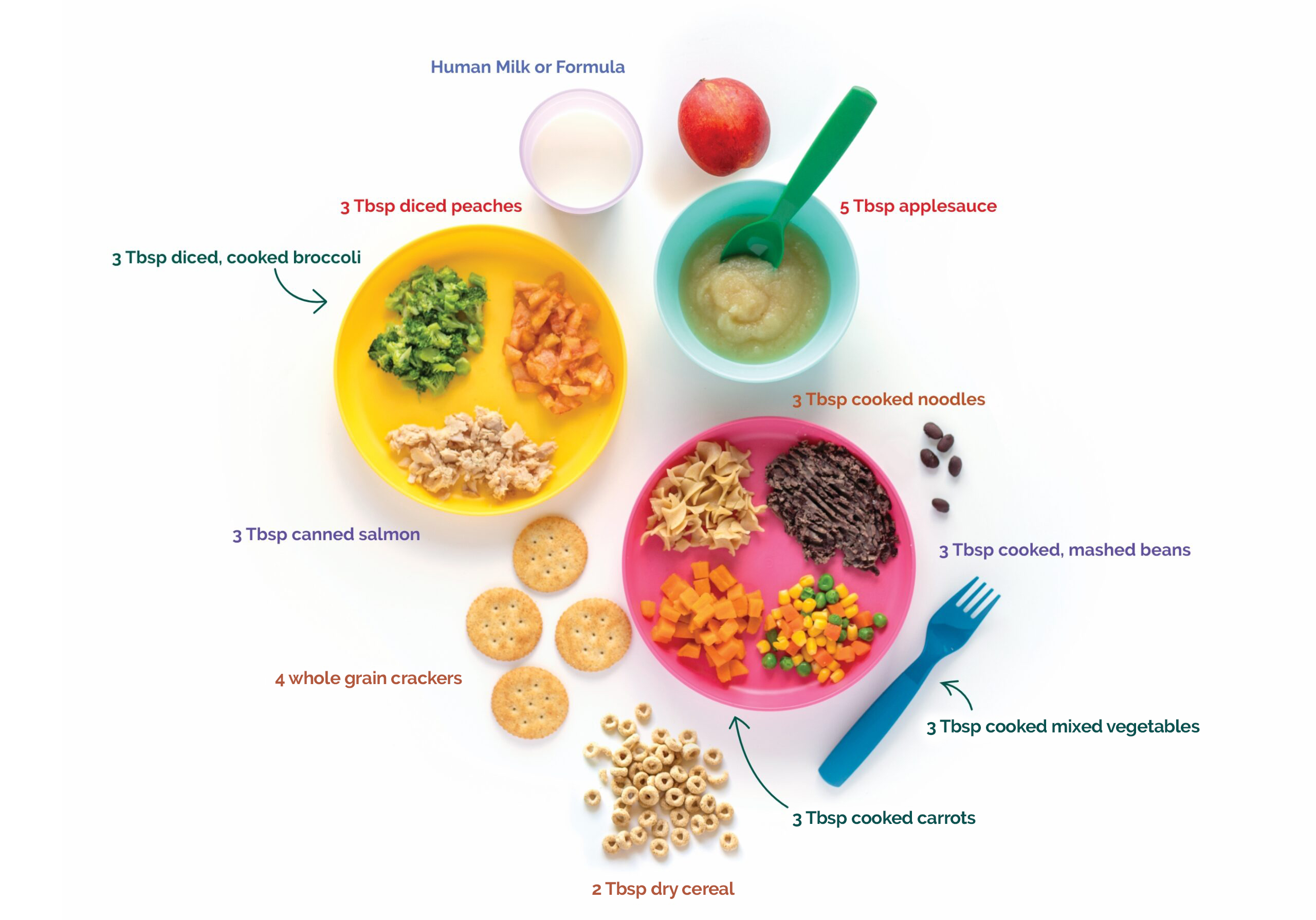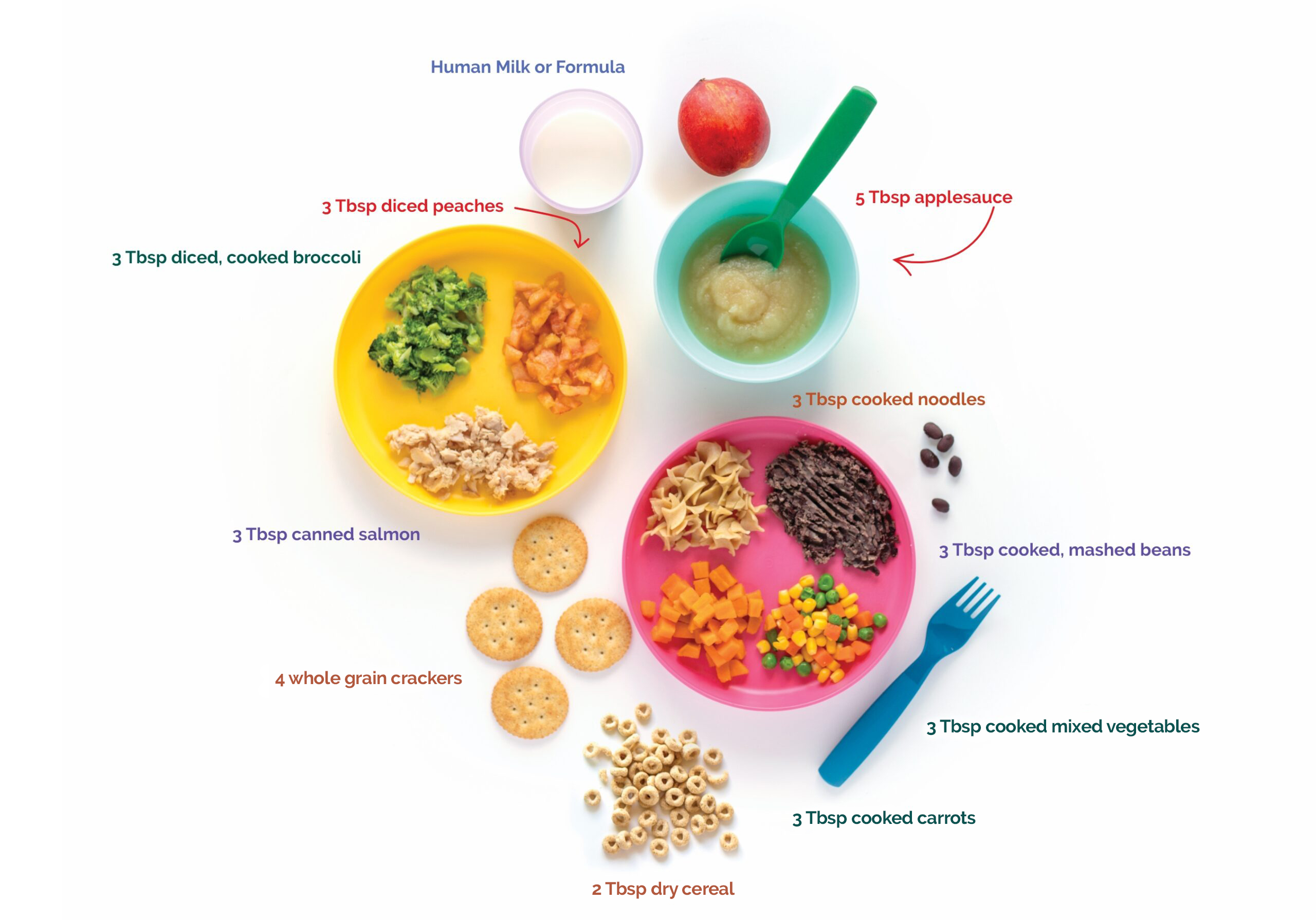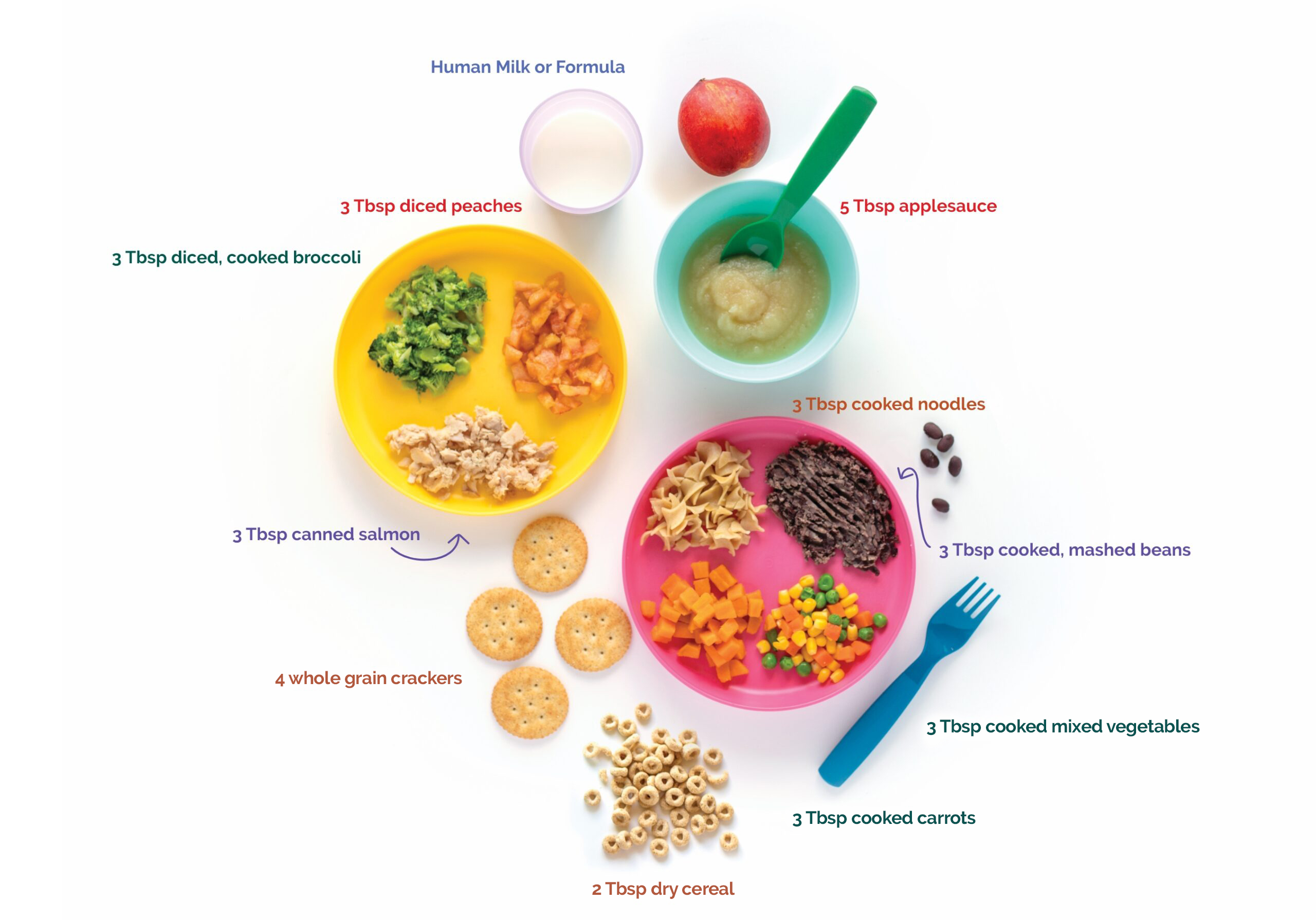
Help Your Child Develop Healthy Habits
- Home
- Live Well Blog
- Help Your Child Develop Healthy Habits
All parents want their children to grow up strong and develop healthy habits. Learning how to make healthy choices begins from the moment your baby is born – they look to you to learn! One of the best ways to help your child develop healthy habits is to practice them yourself! This means getting enough sleep, limiting screen time, being physically active, and eating your fruits and veggies.
Having your child at the table while eating together as a family is a simple step that can benefit them in a big way. Eating together has been shown to:
- Improve eating habits
- Increase the number of words that children know
- Decrease the risk of becoming overweight
- Help kids do better in school
- Encourage kids to stay away from drugs
Being a “Just Right” Parent
There are many different parenting “styles” or ways to act as a parent. While some parents are very strict and never budge on family rules, others are very easy going, having few (if any) rules for their children. Authoritative or “just right” parenting, is a parenting style that’s in between these more extreme styles. This type of parent sets rules and guidelines but is willing to be flexible about the rules when needed. They use discipline that focuses on helping their children learn to follow the rules, more than punishing them for not doing so.
Research shows that parenting styles make a difference to a child’s happiness, self-esteem, and weight.
In particular, parents who practice “just right” parenting have children who have a healthier weight, eat a more nutritious diet and are more active. When it comes to feeding, these parents:
- Offer regular, healthy meals and snacks.
- Offer food, but don’t force or bribe with a treat to finish it.
- Let their child be “in charge” of how much to eat.
- Don’t get upset when their child doesn’t like a new food and instead offer it many more times to get them used to the flavor and texture.























